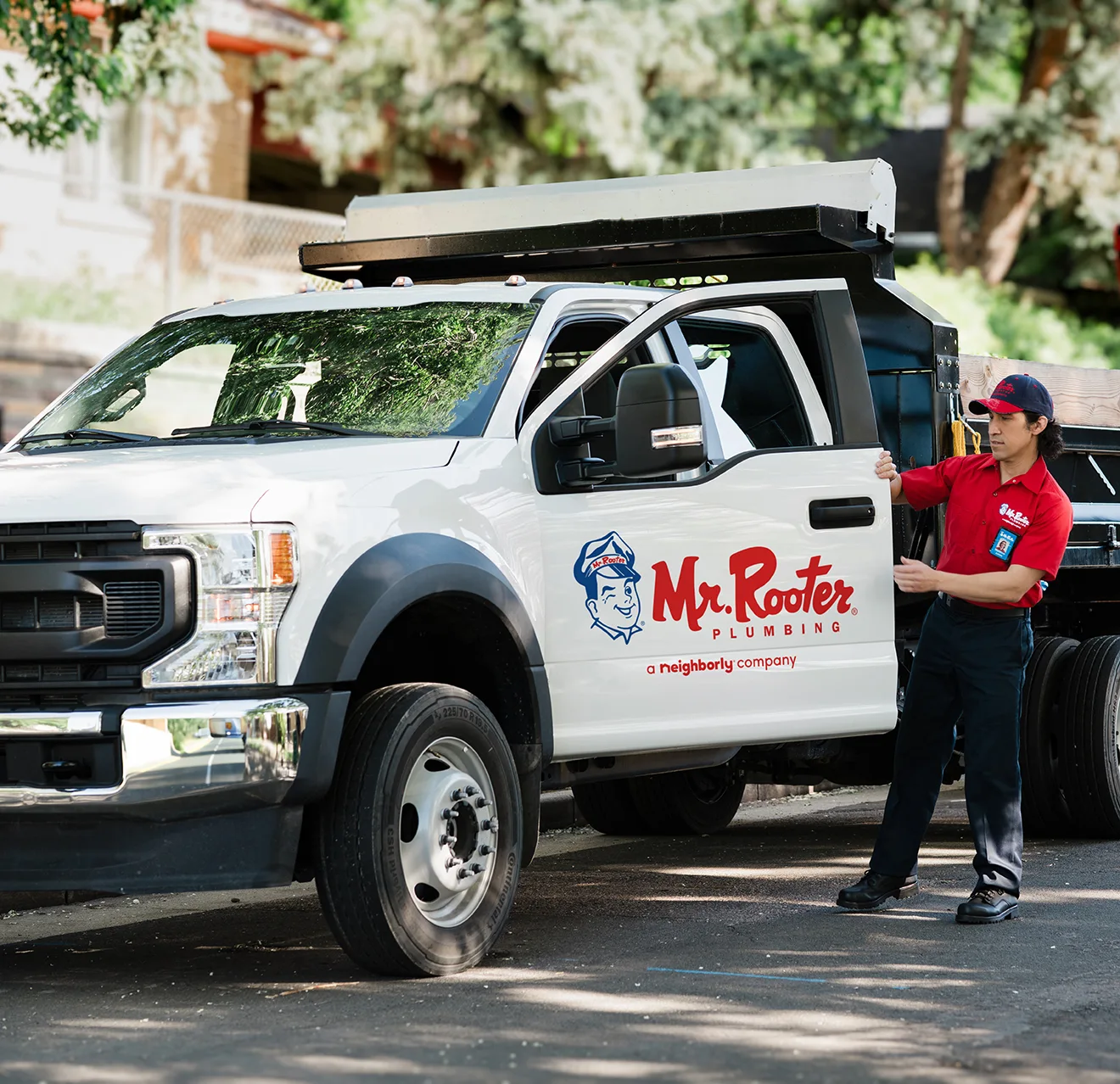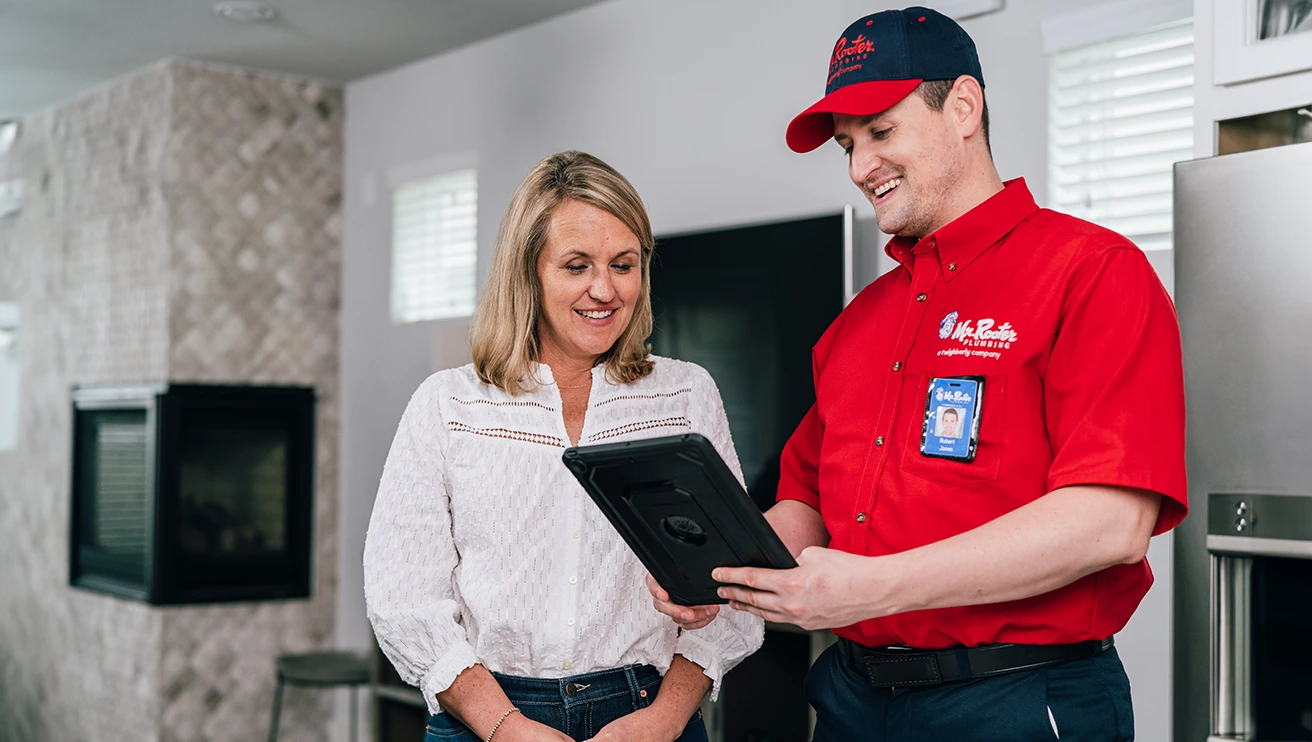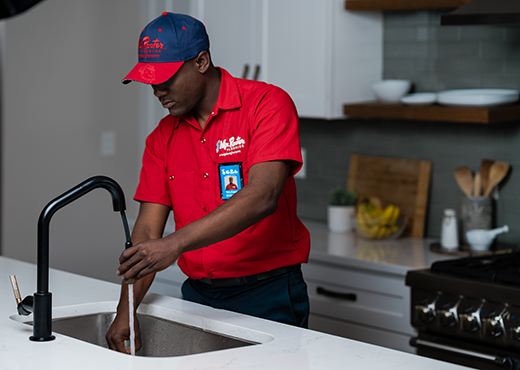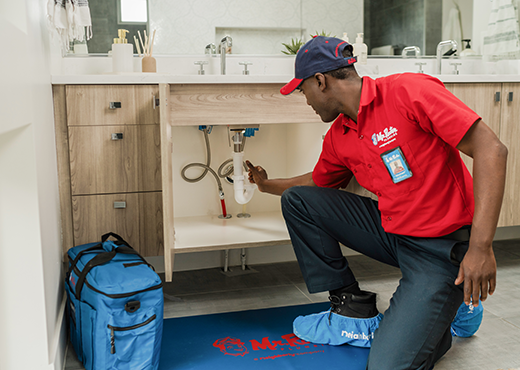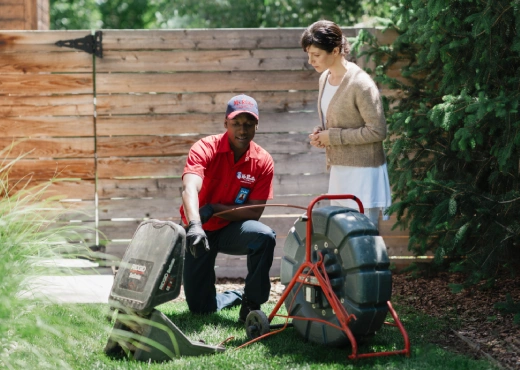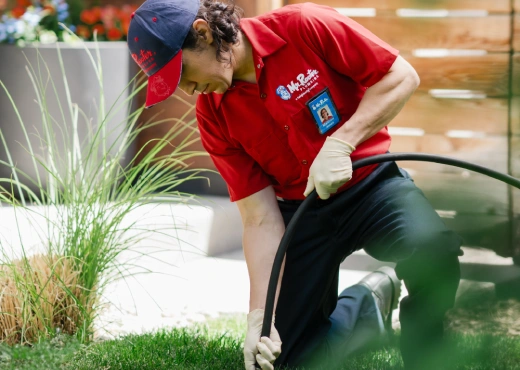A small investment in regular maintenance of your drainage system can mean all the difference when heavy rains or other flooding strike your area. Mr. Rooter Plumbing of Greater Syracuse provides comprehensive repairs and maintenance of all home drainage systems.
If your property features a dry well, we can ensure it stays clean and continues to run its best. With seven locations, we’re able to provide prompt service to Syracuse, Auburn, Baldwinsville, Camillus, Liverpool, Manlius, Skaneateles, and beyond.

